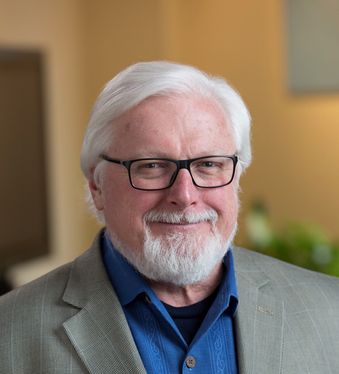VIRTUAL-Thursday, October 9, 2025, 9:00am-12:00pm-Understanding and Treating the Complex Puzzle of Non-Suicidal Self-Injury with Barent Walsh, Ph.D.
VIRTUAL TRAINING-Thursday, October 9, 2025, 9:00am-12:00pm
VIRTUAL-Thursday, October 9, 2025, 9:00 AM-12:00 PM
Understanding and Treating the Complex Puzzle of Non-Suicidal Self-Injury
Barent Walsh, Ph.D.
One of the most challenging problems for clinicians and other professionals is dealing effectively with non-suicidal self-injury (NSSI). Of special concern is that self-injury has moved from clinical populations such as those served in hospitals and group homes to the general population including middle, high school and college students.
This presentation will focus on understanding, managing and treating diverse forms of self-injury including arm and body cutting, self-inflicted burning, excoriation of wounds, and other more serious examples such as NSSI requiring medical attention and foreign body ingestion.
Self-injury will be distinguished from suicidal behavior in terms of a number of key characteristics, but will also be discussed as a major risk factor for suicide attempts.
A “Stepped Care Approach” regarding the management and treatment of self-injury will be reviewed, including:
Step I:
· The informal response
· Crisis assessment
· Detailed cognitive-behavioral assessment
Step II:
-
Replacement skills training
-
Cognitive-behavioral treatment
-
The biology of and psychopharmacology for NSSI
A stepped care approach is used so that clients and families receive only as much support and targeted treatment as they need. Very practical suggestions in dealing with self-injury will be provided.
Following this training the participants will understand:
-
Differentiate self-injury from suicide, while also recognizing that ongoing self-injury is a risk factor for suicide attempts
-
Learn how to provide a detailed pragmatic assessment of self-injury
-
Review two steps in a stepped care approach in understanding, managing, and treating self-injury
-
Discuss the topic of self-care in working with persons who self-injure

